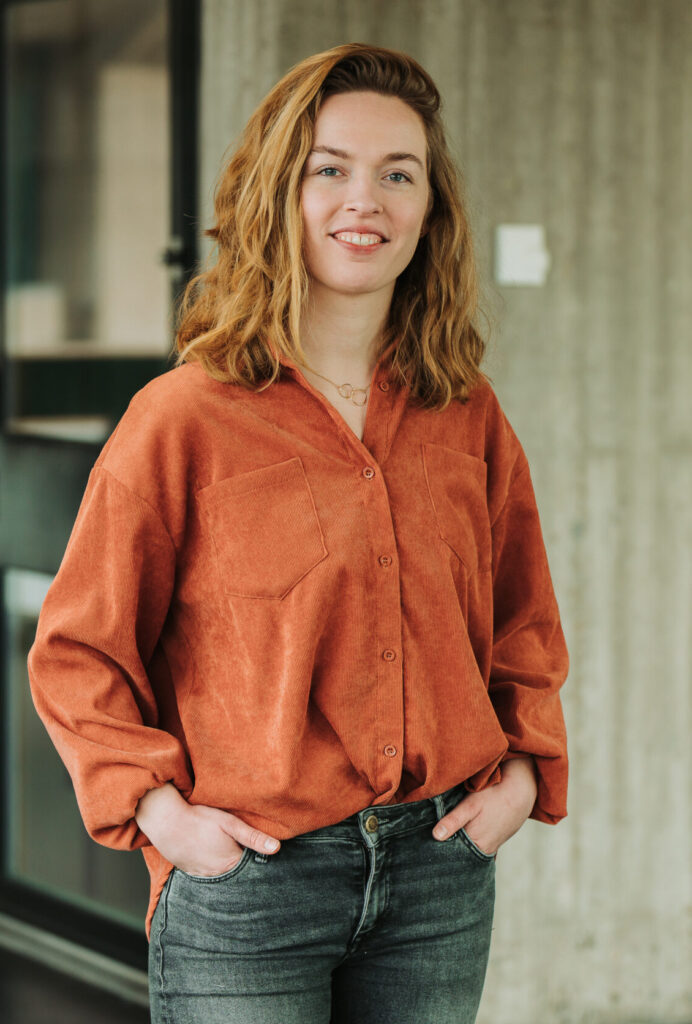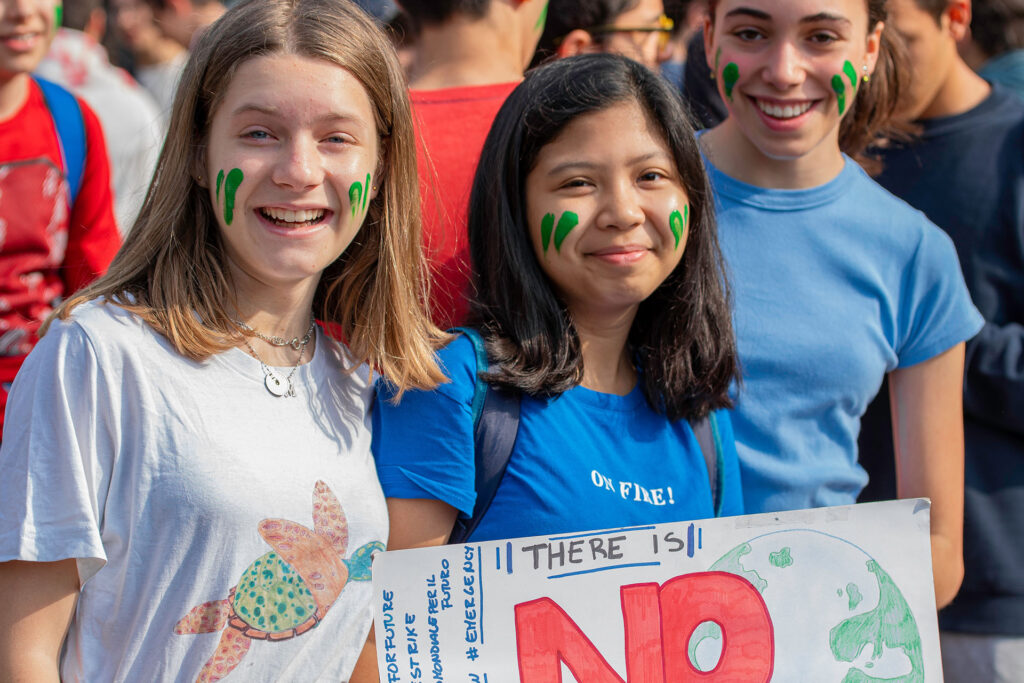Sophie Sweijen
Sophie Sweijen is a postdoctoral researcher in the Erasmus SYNC lab. Using her background in developmental cognitive neuroscience, Sophie wants to make societal impact as a scientific researcher to help young individuals thrive in their social environment. Sophie works on the collaborative project PraatPower with MIND Us – an initiative focused on mental health among young individuals – in which societal dialogues will be held aimed to empower youth and mental health.
Under supervision of prof. dr. Eveline Crone, dr. Suzanne van de Groep, and dr. Lysanne te Brinke, Sophie worked on her PhD from 2021 to 2025 (defense planned on September 12, 2025) on prosocial behavior and societal contributions during adolescence. During her PhD, Sophie coordinated data collection of two longitudinal project. First, she coordinated and supervised the third wave of the behavioral and MRI data collection of the Brainlinks project, in which the aim was to examine the behavioral and neural development of prosocial behavior across adolescence. Second, together with the research team, Sophie set up and coordinated the online behavioral Urban Rotterdam Project, from the first wave in May 2020 to the ninth wave in October 2024. This project was initially set up to monitor young individuals’ wellbeing during the COVID-19 pandemic, but has subsequently been extended into a project consisting of nine waves across four years to monitor the development, wellbeing, and societal engagement among young people in the Rotterdam area.
During her PhD, Sophie also worked as a researcher on two projects commissioned by the Ministery of OCW, in which she implemented the YoungXperts method. First, she collaborated with Trimbos, ECIO, Pharos, and Utrecht University in a project on performance pressure among mbo-students. In addition, Sophie collaborated with ECBO to examine the needs of mbo-students for equal opportunities in their education. In these projects, Sophie organized focus groups with students and implemented a new participatory research tool, which was developed in co-creation with youth (workers), to come up with ‘take actions’ (solutions) together with young individuals themselves to improve their wellbeing.

Related publications
Contact
Erasmus University Rotterdam
Mandeville Building T13
Burgemeester Oudlaan 50
3062 PA Rotterdam, the Netherlands



